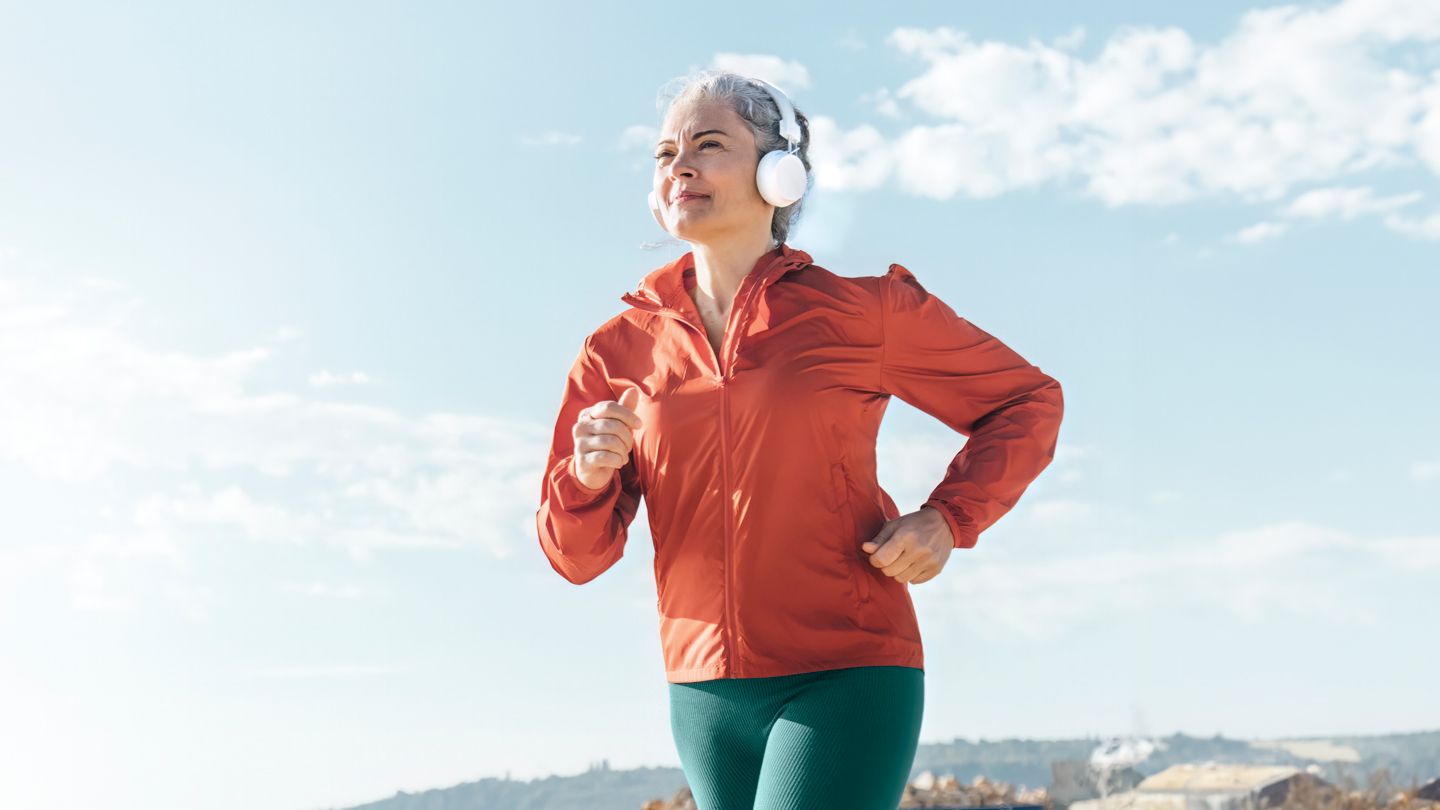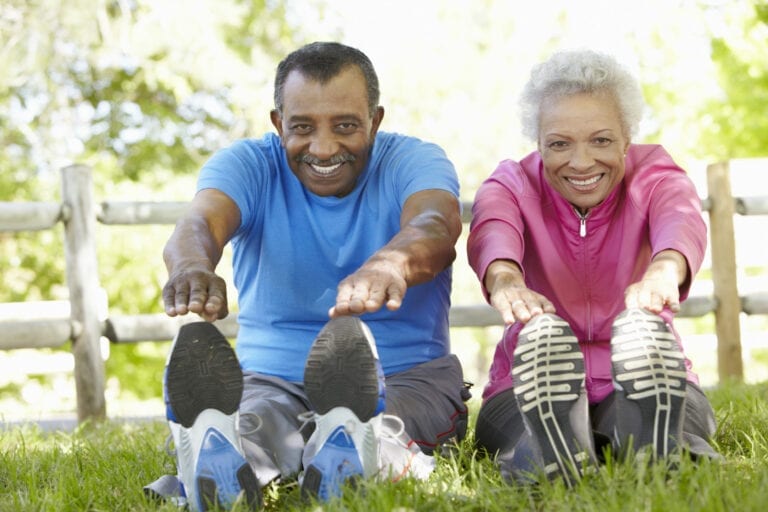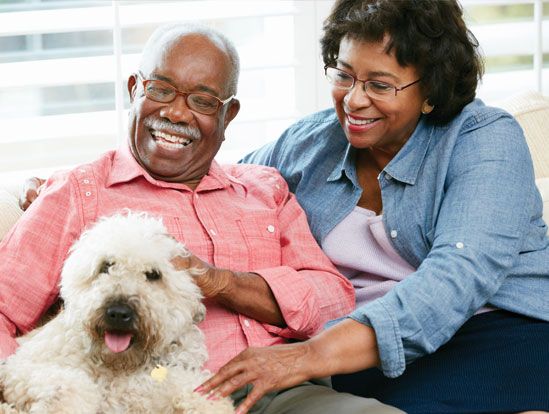Table of Contents
- Understanding the Role of Physical Activity in Aging
- The Benefits of Running for Seniors
- Getting Started with Running: Tips for Seniors
- Conclusion
As we age, maintaining our health and mobility becomes increasingly important to preserve independence and quality of life. While many people associate running with youth and high-impact activities, it can be a highly beneficial exercise for seniors. Running, when approached with proper precautions, can contribute significantly to physical and mental well-being, and can help seniors lead more active and fulfilling lives. In this comprehensive guide, we’ll delve into the benefits of running for seniors, addressing common misconceptions, and highlighting the numerous ways it can enhance health and vitality.
Understanding the Role of Physical Activity in Aging
Common Misconceptions About Aging and Exercise
It is a common belief that as we age, we should reduce our level of physical activity to avoid injuries. This notion is rooted in the idea that older adults are more prone to falls and injuries. However, research suggests that reducing activity can actually be detrimental to health. An active lifestyle is crucial for maintaining physical and mental health as we age.
The Importance of Regular Exercise
Engaging in regular exercise is essential for seniors to sustain their overall well-being. It helps in maintaining muscle strength, bone density, cardiovascular health, and mental acuity. Contrary to the myth that running is too strenuous for older adults, many seniors can safely participate in running or jogging. The key is to adapt the activity to individual fitness levels and health conditions.
Consulting Healthcare Providers
Before beginning any new exercise regimen, especially one as vigorous as running, it is important for seniors to consult their healthcare providers. This step ensures that the chosen activity is safe and appropriate for their health status. Physicians can offer personalized advice and help mitigate potential risks, ensuring a safe and beneficial exercise experience.
The Benefits of Running for Seniors
Running, despite being a high-impact activity, offers a range of benefits for seniors when performed with proper techniques and precautions. Below are some of the key advantages of incorporating running into a senior’s lifestyle:
Strengthening Bones, Muscles, and Joints
The Impact of Aging on Musculoskeletal Health
As we age, muscle mass and bone density naturally decrease. This decline can lead to frailty and increased risk of fractures. Physical activity, particularly weight-bearing exercises like running, plays a crucial role in counteracting these effects.
How Running Enhances Bone Density
Running applies stress to the bones, which triggers a process known as bone remodeling. This stress stimulates bone-forming cells and enhances bone density, which is particularly beneficial for seniors who may be at risk of osteoporosis. The phenomenon, explained by Wolff’s Law, indicates that bones adapt to the stresses placed upon them. Consequently, running can help maintain or even increase bone density, reducing the likelihood of fractures and falls.
Addressing Existing Bone Conditions
For seniors with diagnosed conditions like osteoporosis or thinning bones, it is essential to consult with healthcare professionals before starting a running routine. A tailored exercise plan that includes running can be developed to ensure safety and effectiveness.
Learn More: 7 Powerful Benefits of Skilled Rehabilitative Care for Seniors
Improving Cardiovascular Health
The Benefits of Cardiovascular Exercise
Running is a highly effective cardiovascular exercise. It elevates the heart rate, enhances blood circulation, and improves heart efficiency. Regular cardiovascular activity contributes to overall heart health by lowering resting heart rate and blood pressure.
Long-Term Cardiovascular Benefits
Engaging in running can help manage and prevent cardiovascular conditions by improving heart function and reducing the risk of heart disease. It supports overall cardiovascular wellness, contributing to a healthier and more resilient heart.
Enhancing Balance and Coordination
The Role of Running in Improving Balance
Balance and coordination can deteriorate with age, leading to an increased risk of falls. Running helps strengthen the muscles involved in maintaining balance, which improves overall stability. By enhancing muscle mass and bone density, running reduces the risk of falls and injuries.
Preventing Falls and Injuries
Improved balance and coordination through running can help prevent falls, a common concern for older adults. Enhanced stability not only reduces the risk of injuries but also promotes greater mobility and independence.
Promoting Healthy Body Weight
The Connection Between Metabolism and Aging
As metabolism slows with age, weight gain becomes more common, which can lead to various health issues. Running is an effective way to manage weight by increasing metabolic rate and burning calories.
Weight Management Through Running
Incorporating running into a fitness routine helps in maintaining a healthy body weight. It replaces excess body fat with lean muscle, which is crucial for overall health. Managing weight through running can reduce the risk of obesity-related conditions such as diabetes and hypertension.
Boosting Mental Well-Being and Cognitive Function
Cognitive Benefits of Running
Running is not only beneficial for physical health but also for cognitive function. Regular exercise, including running, has been linked to improvements in memory, learning, and overall brain health. Exercise-induced neurogenesis, the process of creating new neurons, is one of the key mechanisms behind these cognitive benefits.
Reducing Stress and Enhancing Mood
Running triggers the release of endorphins, which are known as “feel-good” hormones. These endorphins help reduce stress, anxiety, and symptoms of depression. Regular running can enhance mood, improve mental clarity, and provide a sense of accomplishment and well-being.
Supporting Cognitive Health
Exercise, including running, has been shown to increase the size of the hippocampus, a brain region associated with memory. By regularly engaging in running, seniors can support cognitive health and potentially stave off cognitive decline associated with aging.
Learn More: Alzheimer’s and Dementia Care: Help for Family Caregivers
Getting Started with Running: Tips for Seniors
Setting Realistic Goals
For seniors new to running, it’s important to set realistic and achievable goals. Start with a manageable pace and gradually increase the intensity and duration of your runs. Setting small, incremental goals can help build confidence and prevent injury.
Choosing Appropriate Footwear
Invest in a pair of high-quality running shoes that provide adequate support and cushioning. Proper footwear can help reduce the impact on joints and prevent injuries.
Incorporating Warm-Up and Cool-Down Routines
Warm-up exercises prepare the muscles and joints for running, reducing the risk of injury. Similarly, cool-down routines help in recovery and prevent stiffness. Incorporate stretching and gentle exercises before and after running to maintain flexibility and comfort.
Listening to Your Body
Pay attention to how your body responds to running. If you experience pain or discomfort, it may be necessary to adjust your routine or consult a healthcare provider. It’s important to differentiate between normal exercise-related fatigue and potential injury.
Joining Running Groups or Clubs
Consider joining a running group or club, particularly those tailored for seniors. Running clubs offer social support, motivation, and a sense of community. They can also provide access to structured training programs and experienced runners who can offer guidance and encouragement.
Conclusion
Running offers a wealth of benefits for seniors, including improved bone density, cardiovascular health, balance, and mental well-being. By incorporating running into their daily routine, seniors can enhance their overall health and enjoy a more active and fulfilling lifestyle. As with any new exercise regimen, it is essential to consult with healthcare professionals to ensure safety and suitability.
Maintaining an active lifestyle through running not only supports physical health but also contributes to mental clarity, emotional well-being, and social engagement. With the right approach and precautions, running can be a valuable tool for seniors to embrace a vibrant and dynamic life well into their later years.







